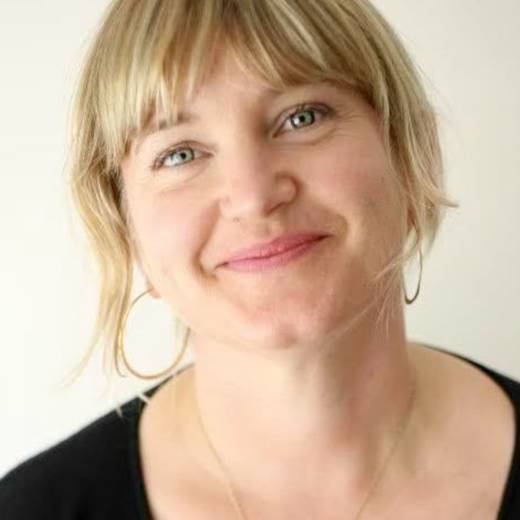There was a moment, a few years back, when we considered moving to Marin, the county where I grew up. I attended a few open houses there. And as we looky-looed, I noticed a familiar refrain from realtors when I mentioned that I lived in the city. "But what do you do about schools?" they'd ask, looking at our two kids with genuine concern.
I've heard this tone many times when mentioning San Francisco public schools. And families fleeing the city and its schools is a well-documented fact. The reasons are always the same: if only the lottery weren't so stressful, if only we had gotten into the right school, if only we had the type of child who could thrive at public school.
I'm not immune. We applied to some private elementary schools. We may revisit privates for high school. But in the meantime, I have a terrific secret: San Francisco public school has been a gift.
Let's get the academic question out of the way. In addition to the 3Rs, our kids get dance, outdoor science, tech, music, and art. At 10, they can write a decent five-paragraph essay, a skill I didn't learn until high school.
But academics aren't the surprise. That, and my adoration, come from softer benefits like community, flexibility, and the feeling that they are learning in the nuanced real world.
